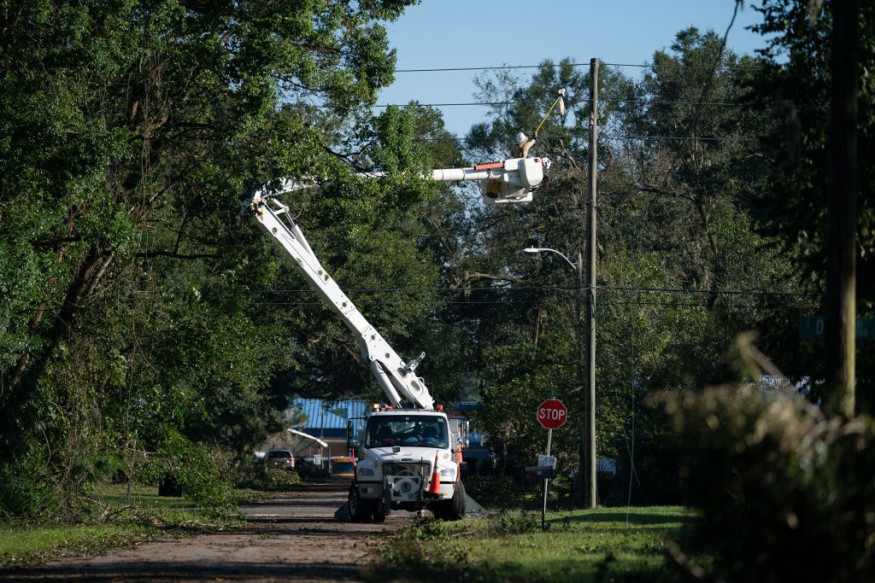The latest research suggests that weather preparedness, from policies to programs, can potentially reduce the risk of climate-related threats as storms become more frequent and challenging.
In the U.S., people are no strangers to challenging weather conditions, from winter storms, severe weather, and flooding rainfall. In the Southern US, communities are vulnerable to the following:
- isolated tornadoes
- hail
- thunderstorms
- damaging winds
Residents can become more vulnerable to threats of severe weather, causing the following weather impacts:
- travel disruptions
- infrastructure damage
- Injuries or deaths
- power outages
As a result, staying updated with the latest weather forecasts is important to keep away from storms and severe thunderstorms. Effective weather prediction can provide early information about the incoming weather, giving communities time to prepare.
In a latest report by Stanford University, researchers studied the role of overcoming risk perception in mitigating the impacts of climate-related threats. It can potentially fill the gap, providing long-term protection against disasters like storms or severe weather conditions.
Weather Preparations and Climate-Related Threats

In a recent Nature World News (NWN) report, researchers raised concerns about the climate change effects on global extreme weather events. Climate change can bring intensifying the following:
- hurricanes
- storms
- wildfires
- eatwaves
- droughts
Frequent storms are challenging for communities to prepare for, making them vulnerable to threats of crop loss.
In the latest report published in PNAS Nexus, researchers studied adaptive behavior on the U.S. Gulf Coast using a longitudinal investigation of risk perceptions. The report highlights the resilience of residents in Texas and Florida after suffering from Hurricanes Harvey, Irma, and Michael.
After hurricanes brought devastating aftermaths, residents learned to prepare their homes for potential storms by storing food and water supplies. The researchers note that said preparedness will help fill the gap in perception risk in adapting to storms or hurricanes.
"It totally makes sense that the more things you do to protect yourself, sensibly, your personal risk should be going down," study author Gabrielle Wong-Parodi, assistant professor of Earth system science at Stanford, said, as quoted in the report.
Additionally, policies and programs are ways to encourage communities to develop emergency weather plans or protection plans to mitigate the effects of storms exacerbated by climate change. Safeguarding homes from hurricanes is one way to keep families safe.
"As hurricanes and other threats fueled by climate change grow more complex, more intertwined, and bigger, more of us are going to be experiencing the dangers of storms, wildfires, and droughts in the future," Wong-Parodi added.
Weather Preparedness: How Can Households Keep Safe From Hurricanes, Storms?
Weather preparedness is important for every household, particularly in areas vulnerable to severe weather and hurricanes. Homeowners should turn on weather alerts from their communities and the National Weather Service (NWS) to anticipate potential tornado or severe weather risks.
In addition, keeping emergency kits is helpful when people evacuate to shelters. They can store the emergency kits inside a small bag, which includes a flashlight, battery-powered radio, bottled water and food supplies, medicine kits, and extra clothes.
Related Article : Disasters Fueled By Climate Change Are Already Worse Than Previous Prediction, Study Says
For more similar stories, don't forget to follow Nature World News.
© 2026 NatureWorldNews.com All rights reserved. Do not reproduce without permission.





